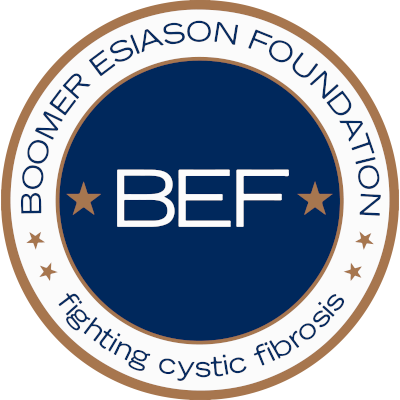Source: FDA news release
Two new pancreatic enzyme products used to help aid food digestion, Ultresa (pancrelipase) and Viokace (pancrelipase), were approved March 1 by the U.S. Food and Drug Administration.
Ultresa is a delayed-release capsule used to treat children and adults with cystic fibrosis, a serious genetic disorder affecting the lungs and other organs, or other conditions who cannot digest food normally because their pancreas does not make enough pancreatic enzymes.
Viokace, in combination with a proton pump inhibitor, is used to treat adults who cannot digest food normally. Adults with chronic pancreatitis, a continuing, chronic inflammatory process of the pancreas, or those who have had some or all of their pancreases removed (pancreatectomy) may not digest food normally because they lack needed enzymes or because their enzymes are not released into the bowel (intestine). Viokace’s safety and efficacy in children has not been established.
“The approvals of Ultresa and Viokace, along with the other approved pancreatic enzyme products, allow health care providers to prescribe the product that is most appropriate for the estimated 200,000 patients in the United States who have pancreatic insufficiency,” said Julie Beitz, M.D., director of the Office of Drug Evaluation III in FDA’s Center for Drug Evaluation and Research.
Ultresa and Viokace are the fourth and fifth pancreatic enzyme products approved by FDA. Other FDA-approved pancreatic enzyme products include Creon (2009), Zenpep (2009) and Pancreaze (2010). Approved pancreatic enzyme products meet FDA standards for safety, efficacy and product quality.
Unapproved pancreatic enzyme products had been available for many years. FDA established a date of April 28, 2010 for the makers of pancreatic enzyme products to stop manufacturing and distributing unapproved products.
Ultresa and Viokace are marketed by Bridgewater, N.J.-based Aptalis Pharma U.S. Inc.
